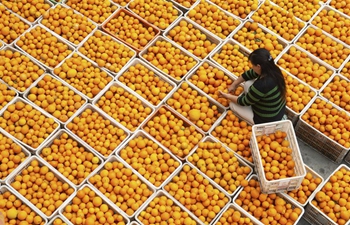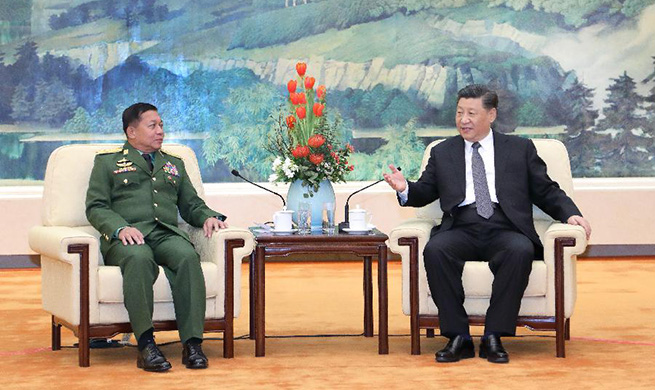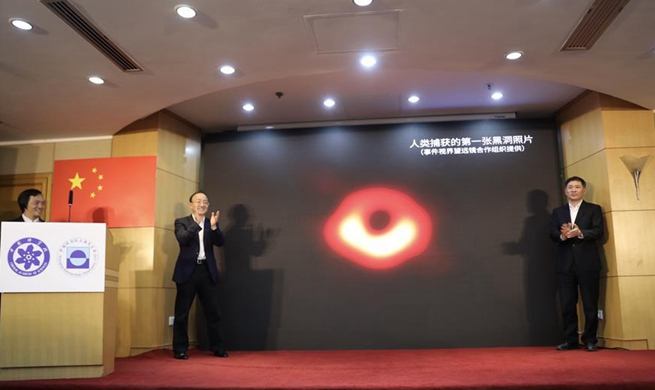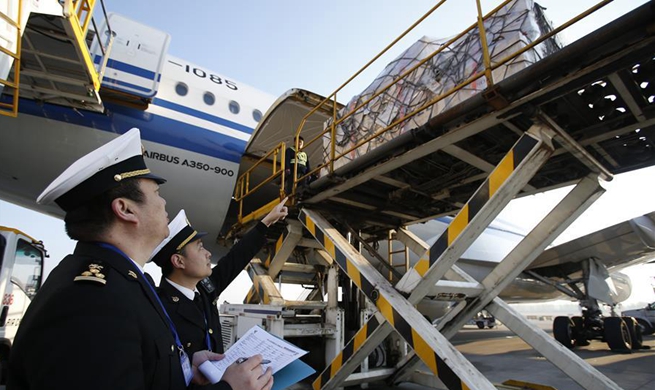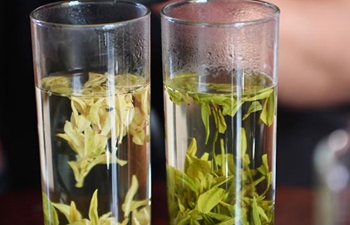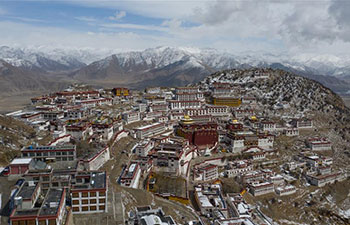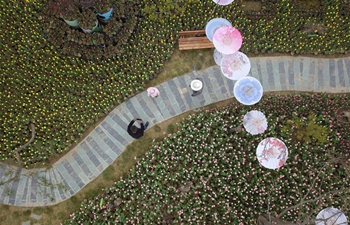BEIJING, April 11 (Xinhua) -- Chinese researchers have disclosed that over 94 percent of the country's rice fields are suitable for water saving irrigation (WSI).
The researchers from Institute of Geodesy and Geophysics, Institute of Agricultural Resources and Regional Planning of Chinese Academy of Agricultural Sciences and Peking University constructed an index system considering soil, climate hydrology, terrain, soil fertility and salinity, rainfall and underground water levels.
They analyzed water saving, pollutant reducing, and yield increasing effects, based on multi-site field studies across China. The potential overall effect of WSI practices at country level was also estimated.
Results showed that a higher pollutant reduction rate appeared with a higher water saving rate, while the yield increasing effect would end when the water saving rate increased to a specific amount.
They also found that soil structure deterioration and low soil fertility made 5.81 percent of the rice fields unsuitable for WSI.
The application of WSI in China has noticeable potential to alleviate water shortage, control the greenhouse gas emissions of rice fields and reduce pest disease.
China has four commonly-used WSI methods: shallow-wet irrigation, controlled irrigation, intermittent irrigation and rain-gathering irrigation, according to the paper published in the journal Agricultural Water Management.









